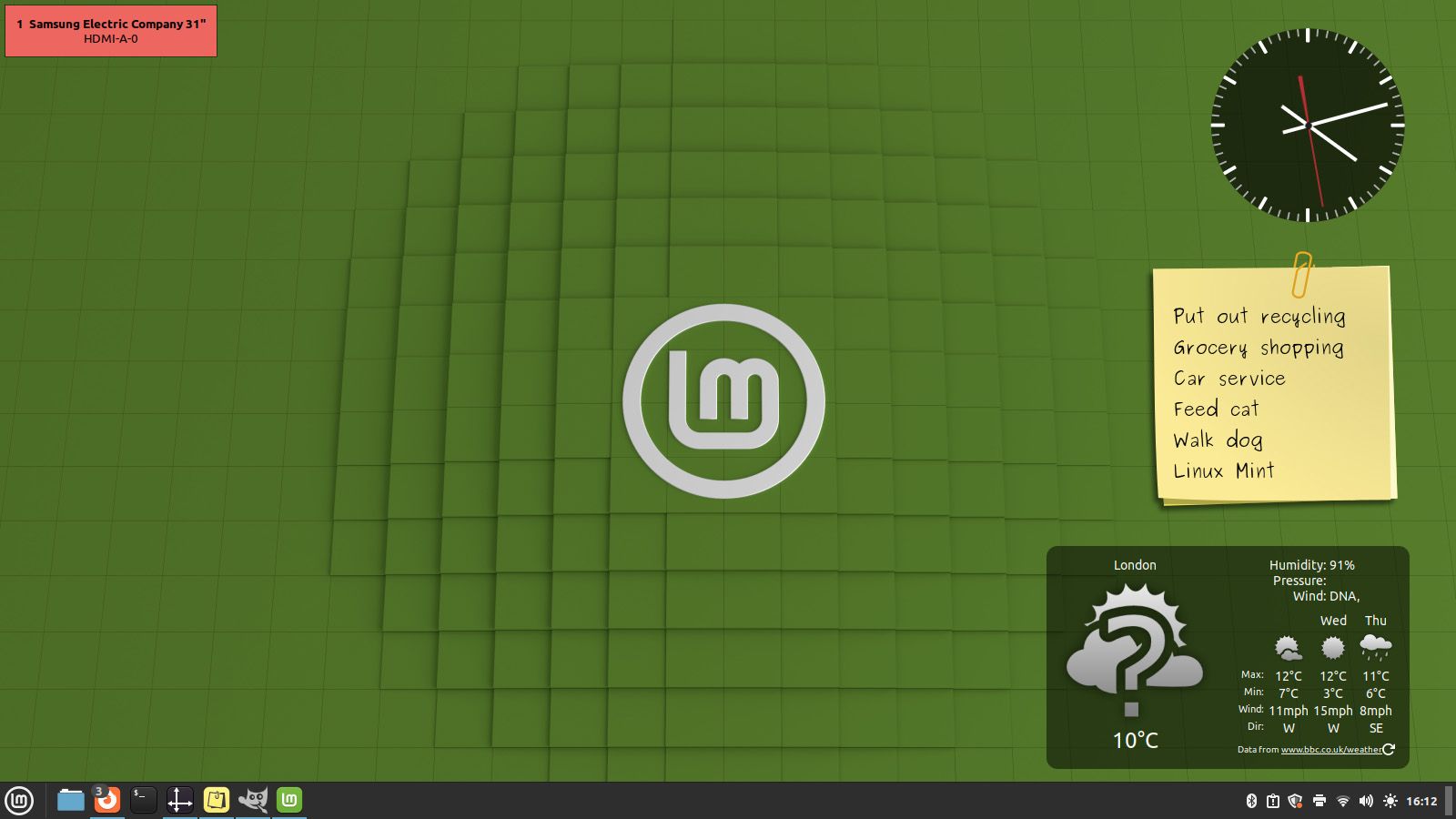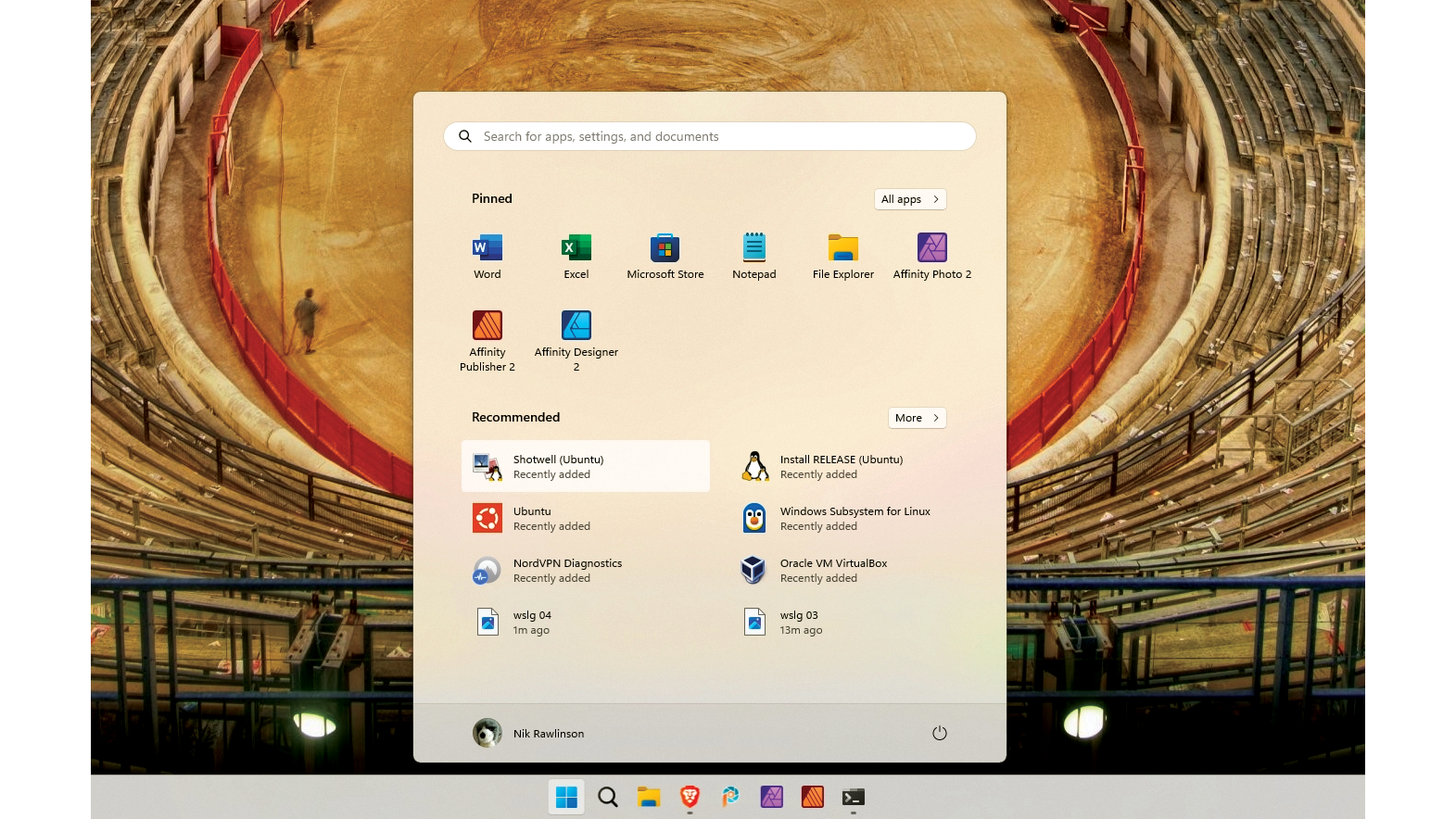Fedora Workstation devs face community backlash over plans to collect telemetry data
The Linux distro's user base appears split over the proposals, with some claiming their privacy would be eroded


The team behind Linux distro Fedora has proposed the collection of telemetry data to improve services, sparking anger across its user community.
Described as “privacy-preserving Telemetry for Fedora Workstation”, the proposal from the Red Hat Display Systems Team would enable the collection of anonymous Fedora Workstation usage metrics.
While the exact metrics have yet to be determined and the approval of the community is also required, Fedora did give a flavor of the type of data that would be sought, in a post on Thursday.
Examples given include being able to know which IDEs were most popular and which runtimes were used to create containers. Knowing the hardware in use would also be useful - for example, checking if the primary storage was a spinning disk or SSD - as well as collaborating with hardware vendors.
More on Linux and development
“[The] purpose of all of the above metrics is to inform specific design decisions, not to build tracking profiles,” said the team behind Fedora.
However, the word ‘telemetry’ has sparked anger among many in the Fedora community, with one commenter to the proposal post claiming “there must be an internal contest at Red Hat to see which group can generate the most negative press and/or piss off the most people”.
More were blunter still, with another user stating “the only privacy-preserving way is no telemetry”.
Sign up today and you will receive a free copy of our Future Focus 2025 report - the leading guidance on AI, cybersecurity and other IT challenges as per 700+ senior executives
Not all users have been in agreement, with some recognizing the need for collection.
“We need to gather insights over some data,” said one user. “Making it opt-in means that no one will enable it, so it’s best to have it enabled by default, and improve the experience as much as possible”.
Opt-in versus opt-out
The plan would be to deploy the Endless OS metrics system in Fedora, but not the eos-phone-home component. The underlying system would be off by default until the user completes the privacy page.
This is significant because the toggle in gnome-initial-setup will default to being enabled, even though the underlying setting would still be off. Collection of metrics would still occur, but no uploading would happen until the user finishes the privacy page with the toggle still enabled.
“This is to ensure the system is opt-out, not opt-in,” said the Fedora team. “Few users would opt in, and these users would not be representative of Fedora users as a whole. We are not interested in opt-in metrics.”
That said, metrics uploading would be opt-in for upgrading users as there is no mechanism to ask existing users for permission after an upgrade in the same way as for new installations. Local collection would still occur, but not be uploaded.
Fedora is not the first to seek telemetry
RELATED RESOURCE

The business value of Zscaler Data Protection
Understand how this tool minimizes the risks related to data loss and other security events
Metrics have long been collected by vendors, ostensibly to improve products. However, privacy campaigners and regulators have tended to react negatively to the technology.
Microsoft, for example, has faced allegations of breaches of privacy over what its operating systems and applications send back to the company’s servers.
“This change proposal will likely be compared to the Ubuntu spyware complaints from a decade ago, when Ubuntu desktop users’ search queries were sent to Amazon by default,” the Fedora team added. “Let’s not do that.”
What are the next steps?
The change proposal is currently just that: a proposal. It still requires review and approval by the community-elected Fedora Engineering Steering Committee (FESCo) before implementation. Based on the reaction so far, the proposal will probably require some modification.
“It is very common for developers to wish to know something about how Fedora software is used, and we will finally have a way to answer such questions," the Fedora team said in the post.
“Occasionally, Red Hat might need to collect specific metrics to justify additional time spent on contributing to Fedora or additional investment in Fedora.”

Richard Speed is an expert in databases, DevOps and IT regulations and governance. He was previously a Staff Writer for ITPro, CloudPro and ChannelPro, before going freelance. He first joined Future in 2023 having worked as a reporter for The Register. He has also attended numerous domestic and international events, including Microsoft's Build and Ignite conferences and both US and EU KubeCons.
Prior to joining The Register, he spent a number of years working in IT in the pharmaceutical and financial sectors.
-
 What is Microsoft Maia?
What is Microsoft Maia?Explainer Microsoft's in-house chip is planned to a core aspect of Microsoft Copilot and future Azure AI offerings
-
 If Satya Nadella wants us to take AI seriously, let’s forget about mass adoption and start with a return on investment for those already using it
If Satya Nadella wants us to take AI seriously, let’s forget about mass adoption and start with a return on investment for those already using itOpinion If Satya Nadella wants us to take AI seriously, let's start with ROI for businesses
-
 Best server distros
Best server distrosBest We've evaluated the best server distros around to help you and your business make the best choice for your OS
-
 "We got lucky": What the XZ Utils backdoor says about the strength and insecurities of open source
"We got lucky": What the XZ Utils backdoor says about the strength and insecurities of open sourceAnalysis The XZ Utils backdoor could’ve caused serious problems for Linux, but luckily a developer spotted the malicious code and prevented disaster
-
 Linux just hit an all-time high share of the global desktop market — and surging popularity in India is driving uptake of the open source operating system
Linux just hit an all-time high share of the global desktop market — and surging popularity in India is driving uptake of the open source operating systemNews Linux is still dwarfed by operating systems such as Windows, but it’s making modest gains off the back of growing popularity in emerging markets
-
 Windows is getting its own Sudo command, just like Linux - here’s what you need to know and how you can use it
Windows is getting its own Sudo command, just like Linux - here’s what you need to know and how you can use itNews The Sudo for Windows command feature might make life a little easier for administrators - so long as they are aware of the potential security risks
-
 Linux Blue Screen of Death gives users a taste of the dreaded Windows feature
Linux Blue Screen of Death gives users a taste of the dreaded Windows featureNews The Linux Blue Screen of Death has been added in a recent update
-
 Five things to consider when switching to Linux Mint
Five things to consider when switching to Linux MintIn-depth A guide to what you'll need to think about if you switch your old laptops to Linux Mint
-
 How to run graphical Linux applications in Windows
How to run graphical Linux applications in WindowsIn-depth Why limit yourself to one software library? ITPro finds out how to run Linux software natively on Windows
-
 Slackware celebrates 30 years in the Linux distribution world
Slackware celebrates 30 years in the Linux distribution worldNews The veteran distribution is remembered fondly by long-time Linux users, despite its decreasing popularity
